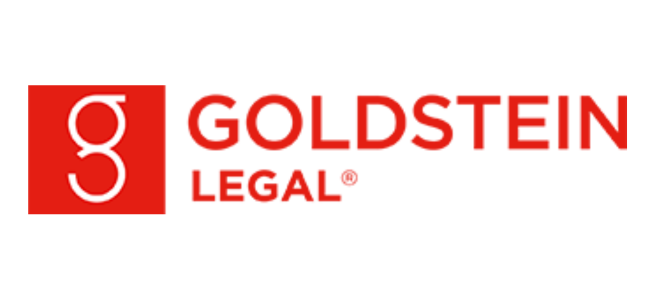Franchising vs Licensing – Which is Right for my Business?
 How to choose the correct direction for your business?
How to choose the correct direction for your business?
After a lot of hard work and personal investment you are now ready to take your business to the next level, and you’re looking for the most effective way to do this. But which model is better – franchising vs licensing?
Franchising and licensing are very appealing. Both can be a route to successful expansion, as an alternative to organic growth and with less risk. But which route is better for your business?
Unclear about the differences between licensing and franchising? Then let us help with our guide below. We’ll give you an overview of the two concepts, along with the pros and cons, so you are well equipped to make the right decision.
Franchising: the terminology
Most of the time when we hear the term ‘franchising’ it refers to business format franchising.
The franchisor, being a business with a strong brand and a well-established and profitable business model, looks to replicate that model by franchising it to other people – the franchisees.
MacDonalds, Starbucks and Hard Rock Café are all examples of well-known businesses that have experienced huge success and international reach through franchising.
Pros: franchising
– A franchisor will receive an immediate income from their franchisees, for the use of their brand and business model
– A franchisee has the opportunity to buy into an already proven and profitable business concept
– Both franchisor and franchisee benefit from franchise arrangements which extend the use and reputation of the brand to a wider geographic area and audience
Considerations: franchising
– A franchise is unlikely to thrive unless you already have a business model with a proven track-record of profitability
– A franchisor will often have spent upwards of £30,000 prior to launching their business model. This sum will have included the following necessary items:
- A business analysis (to include a franchise model and pro-forma financials)
- A pilot franchise operation
- An attractive and compelling franchise prospectus
- A marketing strategy, both for franchisee recruitment and brand awareness
- A franchise agreement, which is tailor-made for your particular business and which protects your rights as a franchisor

Licensing: the terminology
In a licence agreement, the business owner, the Licensor,grants a Licencee the right to use the licensor’s brand name and/or other intellectual property rights (such as copyrights).
When is licensing a good alternative to franchising? As with a franchise, the licensee’s business benefits from the brand and intellectual property of the licensor, and the licensee pays fees to the licensor accordingly.
The important difference is that a licence arrangement tends not to involve the replication of an existing business format. In many cases, the intention is the opposite, with the licensor licensing their brand to a third party who will be able to exploit it in a consumer sector where the licensor has no presence or expertise.
The perfume industry is a good illustration – the majority of all the big name fragrances are made and sold by just two or three big perfume houses. Calvin Klein, Cerruti, Vera Wang and Chloe, for example, are all are manufactured and distributed by Coty under licence from the brand owners. Equally, the revenues that the likes of Disney, Warner Brothers and BBC Worldwide derive from merchandise licensing in many cases exceed the profits from the relevant film or TV rights.
Licensing also works well where the licensor has developed some specific technology, know-how, brand images or design which are attractive to licensees who wish to incorporate it into their existing businesses. Take software and database technology, for example, which are invariably exploited through licensing.
On the other hand, coaching and training concepts have been shown to work well either as franchised businesses or licences. Action Coach, Pitmans Training and Infinite Group are examples of successful franchised operations. But there are also a number of businesses that have developed unique coaching and personal development tools that are exploited beneficially through licences to training establishments who incorporate those tools into their own business structures, such as Neuro-Linguistic Programming (NLP).
Pros of licensing
- A licence can be easier to manage than a franchise
- The licensee has more freedom to run their business their own way
- As a general rule, a licence arrangement is cheaper and easier to set up than a franchise concept, and less demanding in terms of ongoing management time
Considerations: licensing
- A licence agreement has to focus very carefully on quality assurance and compliance with the licensor’s standards
- Products or services sold under licence should enhance and complement the reputation of the licensor, and the licence agreement must allow the licensor to “pull the plug” whenever quality or compliance are compromised
- Before granting any licence, the business owner will need to demonstrate how they will monitor quality in practical terms
Both franchising and licensing can set your business on the road to success, once you’ve spent some time researching which concept is best for you. Goldstein Legal has extensive experience and expertise in both franchising and brand licensing.
See also:
For a free consultation, please contact Roz Goldstein on 01753 865165, or email us on [email protected]




